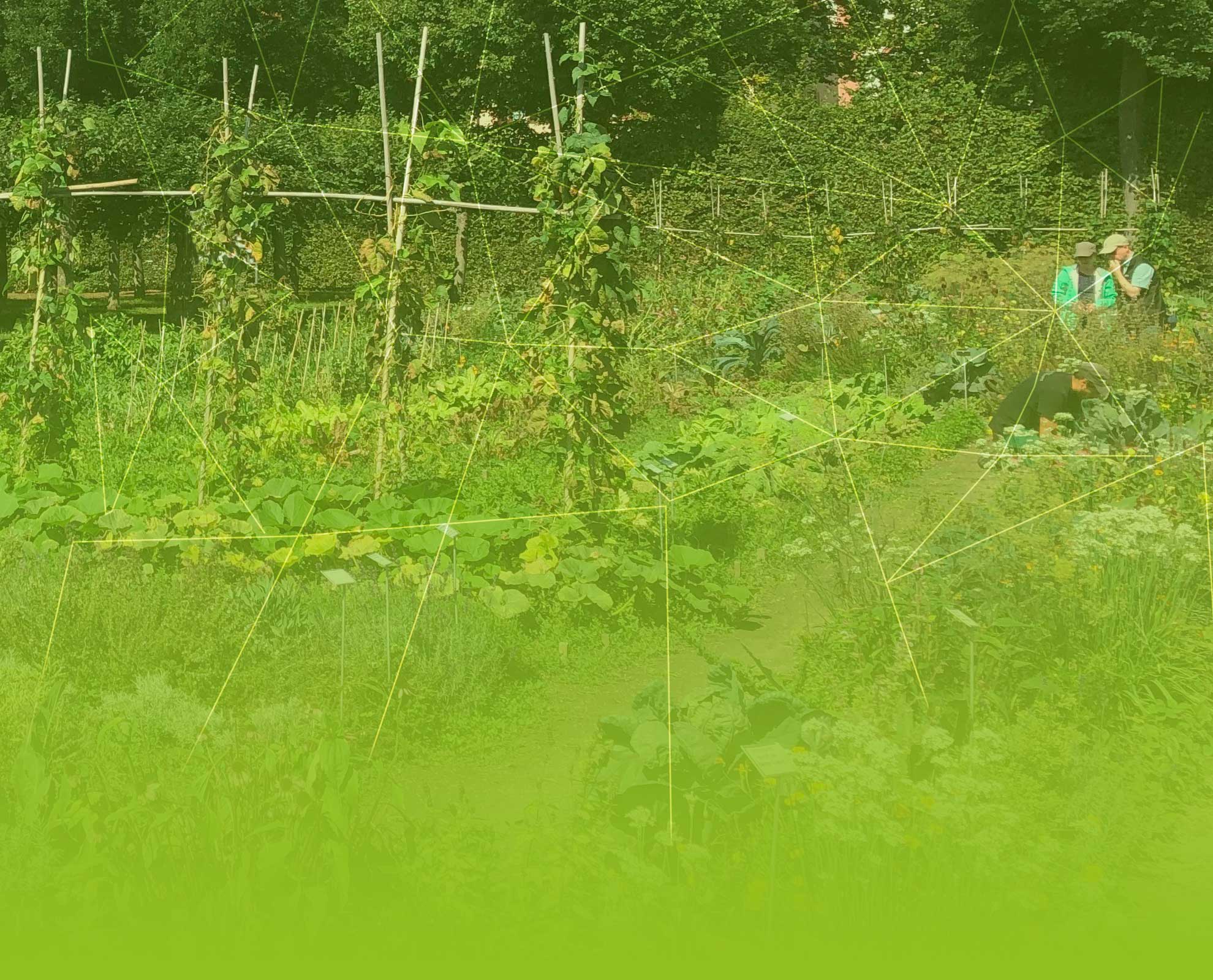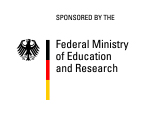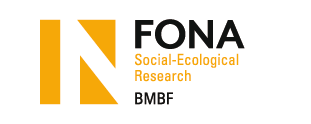In a newly published working paper, the Environmental Policy Research Centre (FFU) and the Fraunhofer Institute for Systems and Innovation Research (Fraunhofer ISI) examine how sustainable economy research projects can best be situated in the ecological, economic and societal contexts. The most important message: science can make a decisive contribution to developing workable options for action in the sustainable economy – if it delivers tailor-made knowledge that takes complex framework conditions into account.
For those interested in more sustainability, thinking nationally is no longer enough nowadays. Worldwide phenomena such as climate change and globalised trade flows are critical factors in analysing the status quo, defining goals and developing options for action. The present context analysis presents various framework conditions relevant for working in this direction. It demonstrates which forces, trends and discourses need to be considered so that sustainable ideas and innovations are truly applied and spread.
In their survey, the authors diagnosed a "gap between societal discourses and political action." They determine that “there are considerable differences in the perceptions of relevant actors about the causes of problems and potential solution.” These and other framework conditions for a sustainable economy are explained in greater detail in the first section of the paper. It then demonstrates where scientific projects can start and which actors their findings would interest. The authors are especially keen on showing which topics still have a large knowledge gap and how the project work could be as societally-relevant and practicable as possible. The objective is clear: “to increase the societal impact of the research beyond existing approaches,” according to the authors.
Green Economy Discourse vs. the Post-Growth Debate
Firstly, the authors analyse two current discourses on the topic of sustainability. The green economy discourse assumes “efficiency improvements in energy and resource use can particularly be achieved through technical innovations, which then offer opportunities for growth and employment.” Those who represent post-growth approaches, on the other hand, doubt that purely economic solutions are sufficient for long-term economic sustainability. They instead advocate “a change in lifestyles and culture as a way toward a society that is based on immaterial goods.” Shorter work hours, less consumption, more regionalised economies and greater science and civil society participation in decision-making are considered post-growth approaches that would lead to more sustainability.
Even the actors are different in each discourse. The post-growth debate focuses on “societal pioneers that take up innovations” and influence consumers as well as society. Meanwhile the green economy discourse centers on nation states as well as firms and consumers as the lead actors in a sustainable economy.
Global Megatrends and Political Strategies
In the following chapters, the authors describe ecological, societal, economic and political megatrends that affect societies and markets continuously and over the long term and that must be considered in sustainability strategies. The authors analyse how these megatrends could affect different future scenarios. Here they discuss scenarios developed by the Intergovernmental Panel on Climate Change (IPCC) as well as five strategies of “Germany in 2050.” A later chapter turns to political strategies at the national and international level. The German national sustainability strategy, Europe 2020 and the UN’s 2015 Sustainable Development Goals (SDGs) are taken as examples with respect to their objectives and with an analysis and comparison of their differences. The authors additionally take a look at political strategies from the action areas of climate, resources and biodiversity, which also – to varying degrees – deal with the topic of a sustainable economy.
With the High-Tech Strategy as well as the framework programme Research for Sustainable Development (FONA), two strategies for economic activity and innovation promotion are analysed. Each has distinct objectives and targets different actors. The High-Tech Strategy seeks, above all, to maintain German competitiveness, while FONA is more oriented toward generating “application-oriented knowledge” in diverse, sustainability-oriented research projects.
Many Points of Reference for Science
Knowledge is the central keyword for the closing section of the working paper. The authors describe which kinds of knowledge are helpful for different actors from (civil) society, the economy, and politics in order to best contribute to progress in sustainable development. System knowledge particularly stands out after a look at megatrends and corresponding scenarios development on their basis. It helps actors to better assess future developments and strategies as well as to develop appropriate measures. With target knowledge, the idea is to identify desirable and undesirable developments and, on that basis, to generate aims that can serve as a foundation for entrepreneurial or political action. Finally, transformation knowledge supports actors in developing and deciding on alternatives for action in term of which innovations are especially appropriate with regard to sustainability. Science, in the form of research projects on the sustainable economy, can contribute to all of these needs and thereby increase its own relevance, as the authors point out.
--
The authors of the working paper “Umfelder Nachhaltigen Wirtschaftens” (2016) are Anna-Lena Guske and Klaus Jacob (both Environmental Policy Research Centre) as well as Matthias Gotsch and Rainer Walz (both Fraunhofer ISI).
The working paper is currently only available in German.




